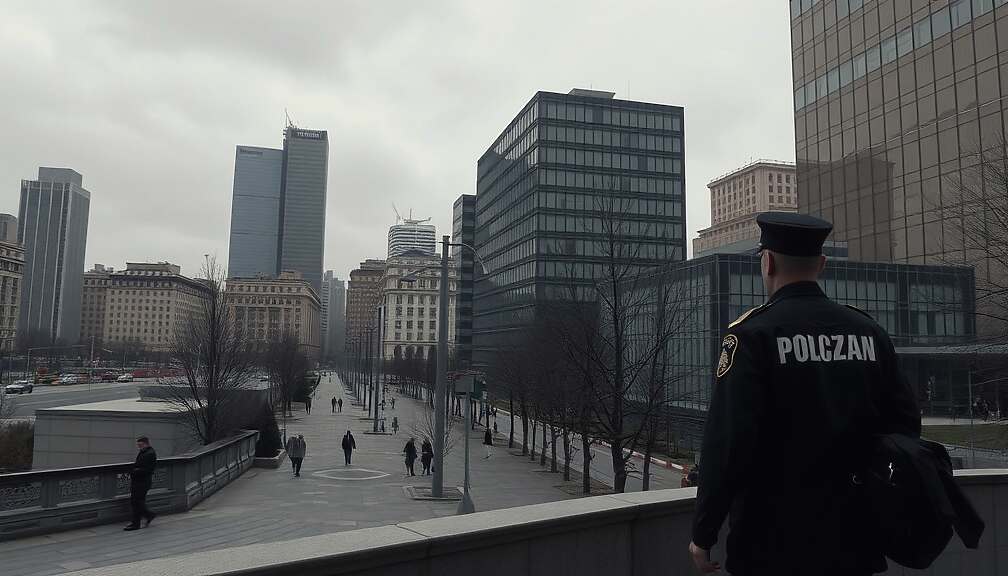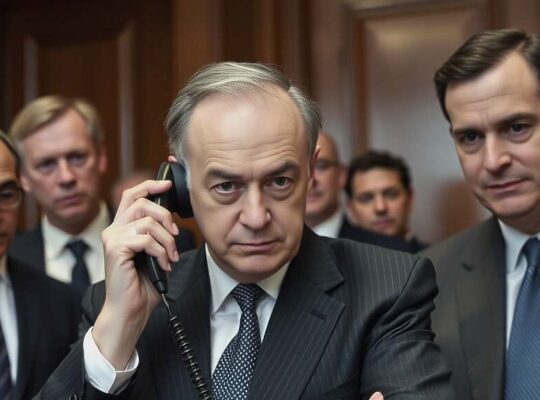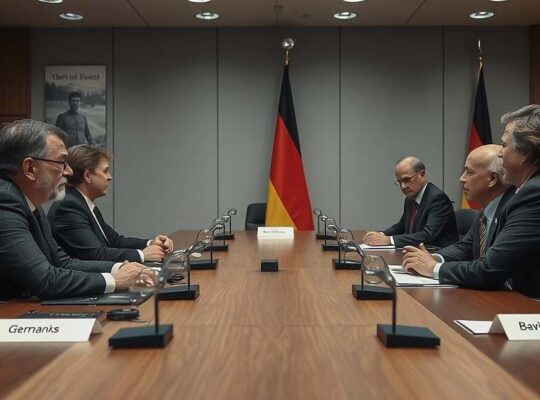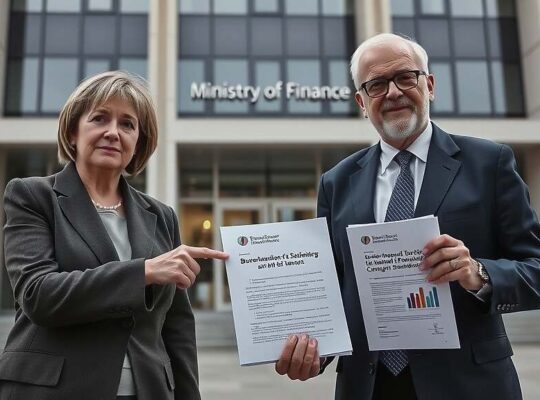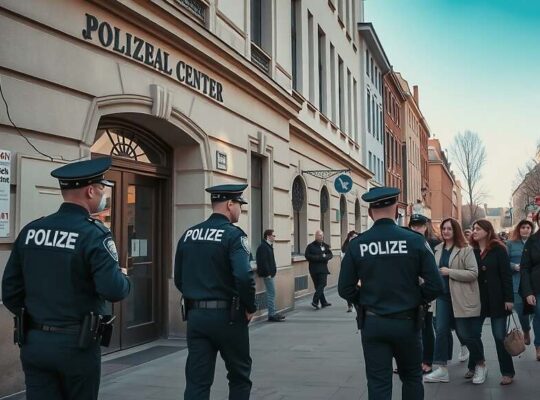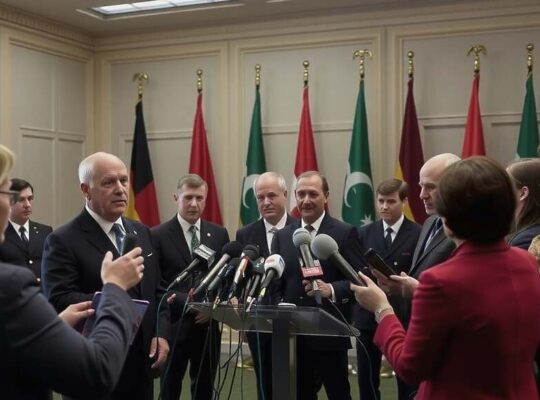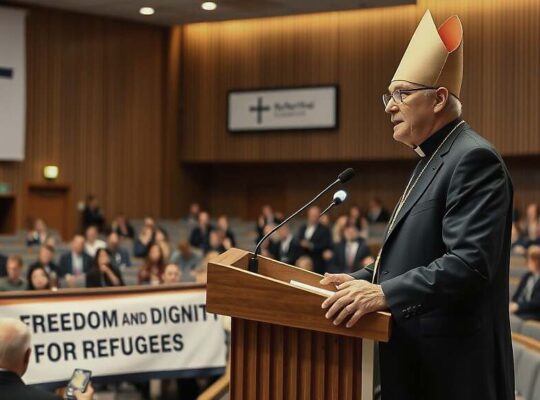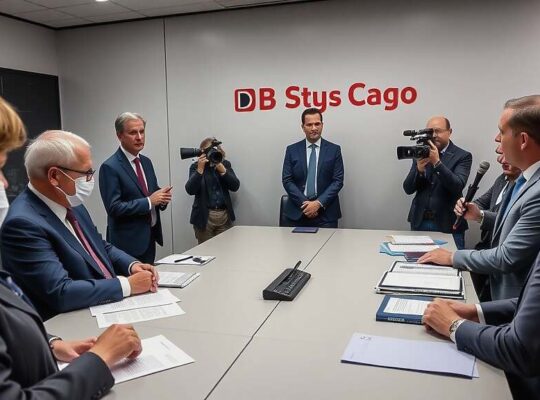Concerns over unauthorized drone activity have prompted calls for increased investment in research and enhanced security measures across Germany. Interior Minister Alexander Dobrindt has emphasized the escalating nature of the challenge, describing a “race” between drone threats and defensive capabilities, particularly following recent drone sightings over Munich.
Speaking to Bild am Samstag, Dobrindt stated a need for expanded funding, promotion and research initiatives both nationally and at the European level. He has announced plans for a tightening of the police law concerning drone shootdown protocols, scheduled for consideration on Wednesday.
However, Felix Banaszak, leader of the Green Party, has accused Dobrindt of insufficient action regarding the drone threat. Banaszak expressed criticism in an interview with the Rheinische Post, suggesting a reactive rather than proactive approach to the situation. He criticized the apparent lack of a current comprehensive overview of the increasingly frequent drone incidents within Germany.
Banaszak specifically highlighted the perceived strategic use of drones, alongside hacking and sabotage, as part of a broader destabilization effort in Europe, attributing these tactics to actors such as Russia. He warned that continued inaction jeopardizes both domestic and international security.
The Green Party leader is urging immediate action, calling for Dobrindt to convene all relevant stakeholders to develop clear and practical solutions for drone management and the protection of critical infrastructure. This includes improving inter-agency cooperation between federal and state security authorities and the swift passage of the long-delayed KRITIS-Dachgesetz (Critical Infrastructure Protection Act). This Act, recently approved by the Federal Cabinet, is awaiting parliamentary approval and is intended to bolster the security of critical infrastructure across the nation.


